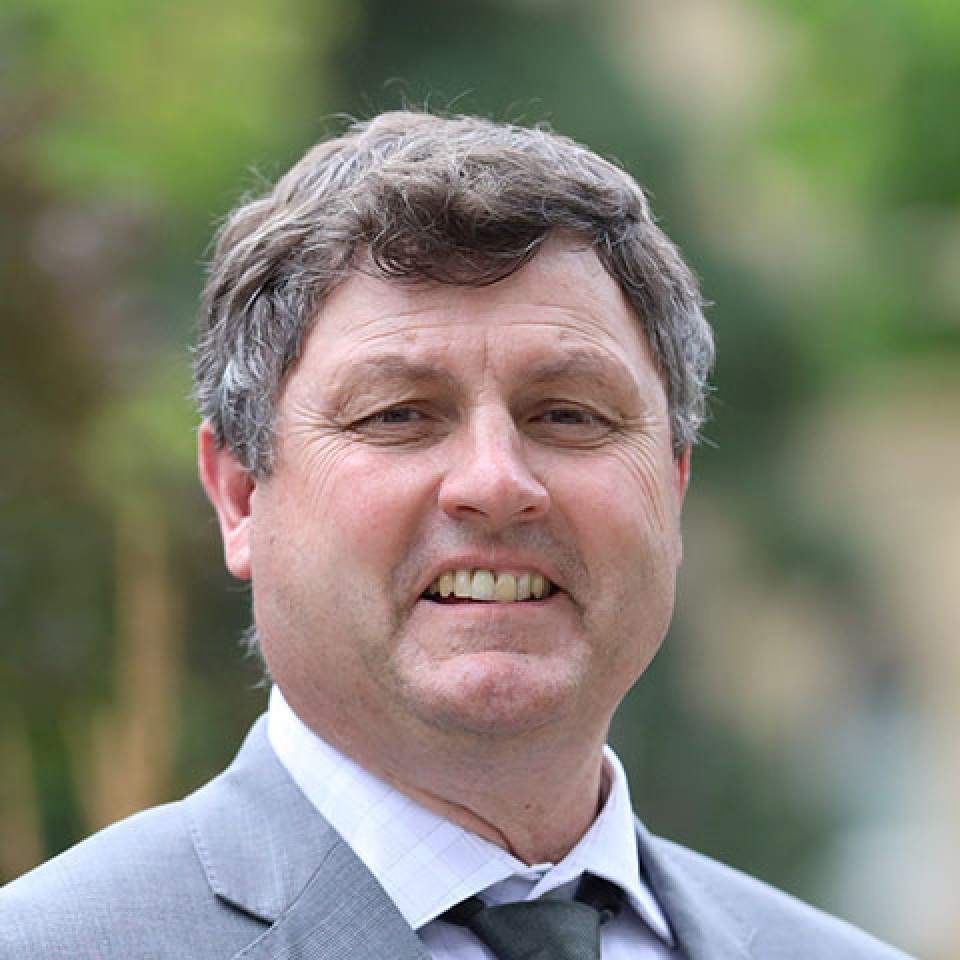Government mail service may be affected by the Canada Post labour disruption. See how to send and receive government mail during this time.
"I’m very pleased to be a part of building a strategy to implement the Calls for Justice and improve the lives of our beautiful, resilient Indigenous women of Alberta. Families have poured their hearts out and we have all the back-up documentation we need to move to action. This stage is personally rewarding to me because it finally acknowledges what our women matriarchs have been saying for the last twenty years: ‘We have cried enough.’"
- Rachelle Venne, co-chair of the Alberta Joint Working Group on Missing and Murdered Indigenous Women and Girls
I wear a red dress pin, right over my heart. The red dress symbolizes and honours missing and murdered Indigenous women and girls. I wear this pin as a personal reminder – of grieving families, silenced voices and the pressing need to address violence against Indigenous women and girls.
A year ago today, I was in Gatineau, Quebec to receive the National Inquiry’s Final Report into Missing and Murdered Indigenous Women and Girls. I met families and listened to heartbreaking stories of loss. I witnessed their courage to push for the safety of Indigenous women and girls in Canada. When I came back to Alberta, I read that report straight through. More than once.
Attending the June 3rd ceremony, listening to the families’ stories, and reading the final report has taught me about strength, resiliency and the commitment of families and loved ones who speak out for their mothers, their grandmothers, their aunts and nieces and sisters and daughters, whose voices have been silenced.
Our government established the Alberta Joint Working Group on Missing and Murdered Indigenous Women and Girls to provide advice and make recommendations to government to address the National Inquiry’s Calls for Justice. As Lisa Higgerty, co-chair of the Alberta Joint Working Group, puts it, “…an energetic and properly resourced response to Calls to Justice can and will right this wrong and, more importantly, save lives."
The working group is made up of four Indigenous women and three MLAs who bring diverse experiences and share a deep commitment to making Alberta a safer place for Indigenous women and girls.
Josie Nepinak, the executive director of Awo Taan Healing Lodge Society, the only urban Indigenous women’s shelter in Alberta, brings great knowledge about the traumatic effects of violence on families and communities. As Josie said, “the working group is important to honour the spirit and memory of our missing and murdered loved ones. Further, to participate in a provincial/national action plan to identify strategies for justice to families and survivors and to reduce the incidence of violence and homicide against Indigenous women."
Rachelle Venne leads the Institute for the Advancement of Aboriginal Women, a non-profit organization founded in 1994 by Indigenous women to promote and advocate for the rights of Indigenous women.
Lisa Higgerty is the co-chair of the Métis Women’s Council on Economic Security. In her other role as the executive director of the Hinton Friendship Centre, Lisa delivers the Mamowichihitowin Community Wellness Program, which supports families and survivors of violence.
Suzanne Life, co-chair of the First Nations Women’s Council on Economic Security, is a consultant working with First Nations. She has personal experience with historical injustice, and believes that “only with true understanding of our pain can there be true healing.”
MLAs Martin Long, Whitney Issik and Tracy Allard all share a personal commitment to address violence against Indigenous women and girls. This includes ensuring all Albertans are aware of this national tragedy and have a better understanding of the issues facing Indigenous women and girls.
We know that to save lives and drive real change, we have to approach this issue from every angle. Alongside the Alberta Joint Working Group, our government has laid the first of many stepping stones on the path to a safer and more welcoming province for everyone. Alberta’s version of Clare’s Law, the Human Trafficking Task Force and the rural crime strategy are efforts to help all Albertans feel safer and reach their full potential.
The work is far from over. Ending violence is not simple. It’s not something that can be done quickly or easily. It’s not a checklist we can run through, or meetings on a calendar. It’s a complex matter that needs long-term, thoughtful solutions.
I’m proud of what we’ve accomplished in the past year, and I can’t wait to see what the working group will help us achieve. Ending violence against Indigenous women and girls, making them feel safe, depends on every one of us. It challenges us to make a personal commitment, not for one year or ten, but for however long it takes to bring justice and healing to the families and communities who have lost so much.
It’s time to put an end to this tragedy.
-

Rick Wilson
Rick Wilson was sworn in as Minister of Indigenous Relations on April 30, 2019.
